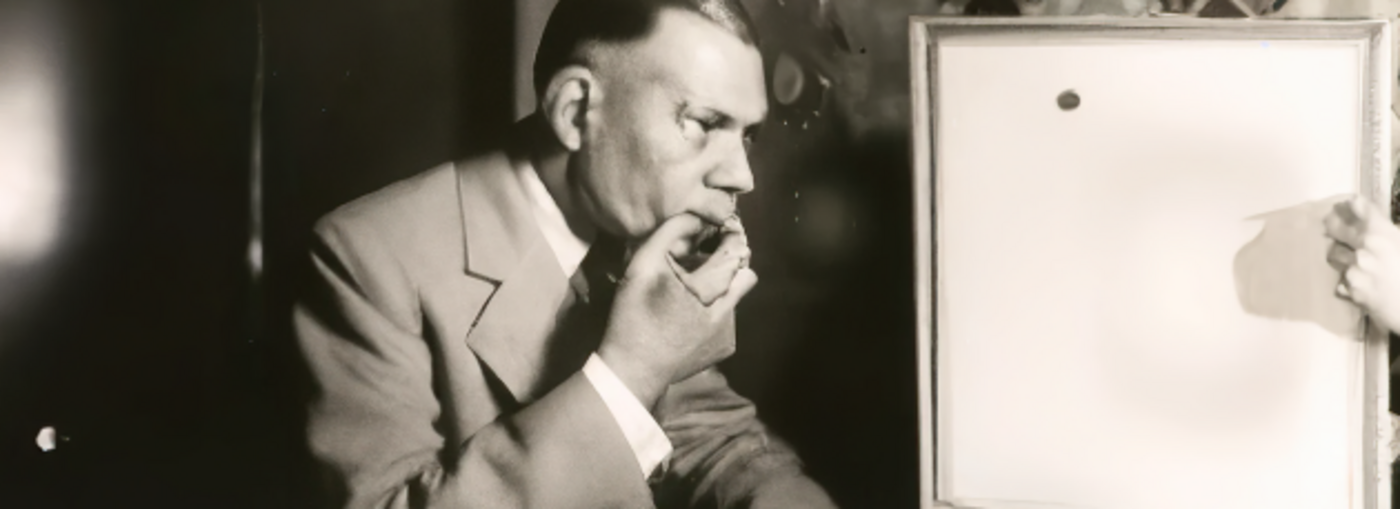"Methods for processing and generating images with the help of artificial intelligence are currently developing at an enormous speed. They will fundamentally influence work processes in all areas of photography. Depending on their characteristics, they open up new possibilities in the processing of camera-based images or the creation of entirely synthetic images.
These are mostly based on existing image works that have been used as training data for the AI systems with or without the knowledge of the creators of these images.
Creative freedom and copyright
As artists, we are open to all advancements in photographic techniques and advocate for the unrestricted right to use all methods, free from censorship, for the creation of image works. Generative AI allows new methods of artistic production. We do not see it as a risk by displacing previous practices, but as an expansion of the spectrum of artistic activities.
We advocate for an adaptation of copyright law that allows for copyright protection of such visual works. Criteria for protecting works should not depend on how they are created or the tools used.
Fair participation
Generative AI also allows imitation of pictorial works by prescribing certain motifs or appearance, or by giving instructions such as "in the style of." For some AI systems, it is known that the works of specific artists were processed to generate the images. For other systems, it is unclear where the data for this came from. We call for disclosure of image sources by AI system providers. The development of these systems must include effective mechanisms for artists to exercise the right of disposal over the use of their works. Initiatives are needed to adapt copyright law so that criteria of rights infringement include, in addition to the classic use of works through copying and reproduction, use in the training of AI systems in the future. If such use takes place, there must also be mechanisms for fair remuneration for creators of visual works used in this way.
Protecting documentary veracity
It is with great concern that we see that the rapidly increasing quality of AI-generated images makes it increasingly difficult to distinguish between synthetic and camera-based images. In the very near future, it will no longer be possible to distinguish documentation of a real scene from a modified or completely synthesized image visually or using forensic methods.
While classical methods of image manipulation also allow such manipulations, the proliferation of AI tools makes it possible to create and circulate manipulated images in almost any quantity with minimal effort. As a result, democratic discourse is threatened both by manipulation using convincing image forgeries and by justifiable general doubt about the authenticity of images.
If the manipulation as well as the truthfulness of documentary representations can no longer be plausibly proven, the social consensus loses its basis. We support the development of technical methods to verify the creation of images in cameras and the logging of subsequent processing steps, for example by digitally signing image data. We call on all players in the creation and dissemination of documentary images to commit to using such methods as soon as possible.
Photo: Boris Eldagsen, „PSEUDOMNESIA | THE CONNAISSEUR…”, 2022, courtesy Photo Edition Berlin
